WASHINGTON — President Trump is ready to sign a new slimmed-down COVID-19 relief bill from Senate Majority Leader Mitch McConnell (R-Ky.), Treasury Secretary Steven Mnuchin speculated Wednesday, as Congress remained gridlocked on another round of aid.
“The president will sign the McConnell proposal that he put forward yesterday, and we look forward to making progress on that,” Mnuchin told reporters as he walked into a House committee hearing on his department’s response to the pandemic.
Mnuchin would not comment on the outcome of his brief phone call with House Speaker Nancy Pelosi (D. Calif) on Tuesday but suggested that a new $908 billion bipartisan stimulus proposal seeking to end the California Democrat’s all-or-nothing strategy was also on the table.
There are currently three paths to more relief: McConnell’s plan, the bipartisan proposal from frustrated lawmakers, and the omnibus being still being hammered out by Pelosi and Mnuchin.
McConnell’s latest relief proposal is still being negotiated behind closed doors but will likely mirror the two $500 billion skinny bills he offered earlier this year which were blockaded by Democrats, who are still pushing Pelosi’s $2.4 trillion grab-bag.
Sources told The Post that the new Senate GOP bill will consist of targeted items including an extension of the Paycheck Protection Program (PPP) for struggling small businesses, unemployment insurance for gig workers, a $332 billion grant program for shuttered live venues and theaters, liability protection for schools and businesses, $16 billion for increased testing, $20 billion in additional farm assistance and $31 billion for vaccine development.
Steven MnuchinAP
Popular items like another round of $1,200 stimulus checks and the $600-per-week federal boost to unemployment insurance are not included but a source familiar with the negotiations said McConnell’s bill ought to receive bipartisan support as the pandemic continues to rage.
On Tuesday, a group of GOP and Democratic senators concerned by the gridlock unveiled their own $908 billion plan which would include a $300 per week federal unemployment boost, $160 billion for state and local governments, and $45 billion for struggling airlines and mass-transit systems.
“It would be stupidity on steroids if Congress left for Christmas without doing an interim package,” Sen. Mark Warner (D-Va.), one of the negotiators, said at a press conference.
Legislators returned to work on Monday in the hopes of passing another round of relief in the final weeks before Christmas but Democrats and Republicans remain far apart on how much should be spent, and months of negotiations between Pelosi and Mnuchin have failed to yield a deal.
Congress faces a Dec. 11 deadline to pass more government funding to prevent a shutdown and its likely that a pandemic relief package would be added onto that.
“We don’t have time for messaging games. We don’t have time for lengthy negotiations,” McConnell said Tuesday.
“I would hope that this is something that could be signed into law by the president, be done quickly, deal with the things we can agree on now.”
Democrats want a comprehensive COVID-19 relief package including funding for state and local governments, but Republicans are wary of adding to the national debt after spending trillions in earlier relief deals.
Frustrated by the months-long impasse, the president in August signed executive orders to establish a national ban on evictions during the pandemic and defer student loan payments while continuing the $600 per week unemployment boost, but those funds have since been depleted.
Mitch McMcConnellAP
Tens of millions of Americans remain out of work or are experiencing food insecurity, while many states around the nation are being forced into another round of lockdowns as the infection rate soars to new records.
As of Wednesday, the virus has infected 13.8 million people in the US and killed 271,000.
Pelosi has come under increasing fire for failing to reach a deal with the GOP after Democrats spurned smaller, targeted bills with unemployment assistance and relief for small businesses.
Democrats have not been willing to go along with the piecemeal approach being presented by Republicans, and insist that having come down to $2.4 trillion from their $3 trillion bill passed in May, was enough.
The next session of Congress begins on Jan. 3 and will see House Democrats led by Pelosi with a reduced majority. President-elect Joe Biden has vowed to stand with Pelosi and quashed a report that he would break with her in order to reach a deal with Republicans.


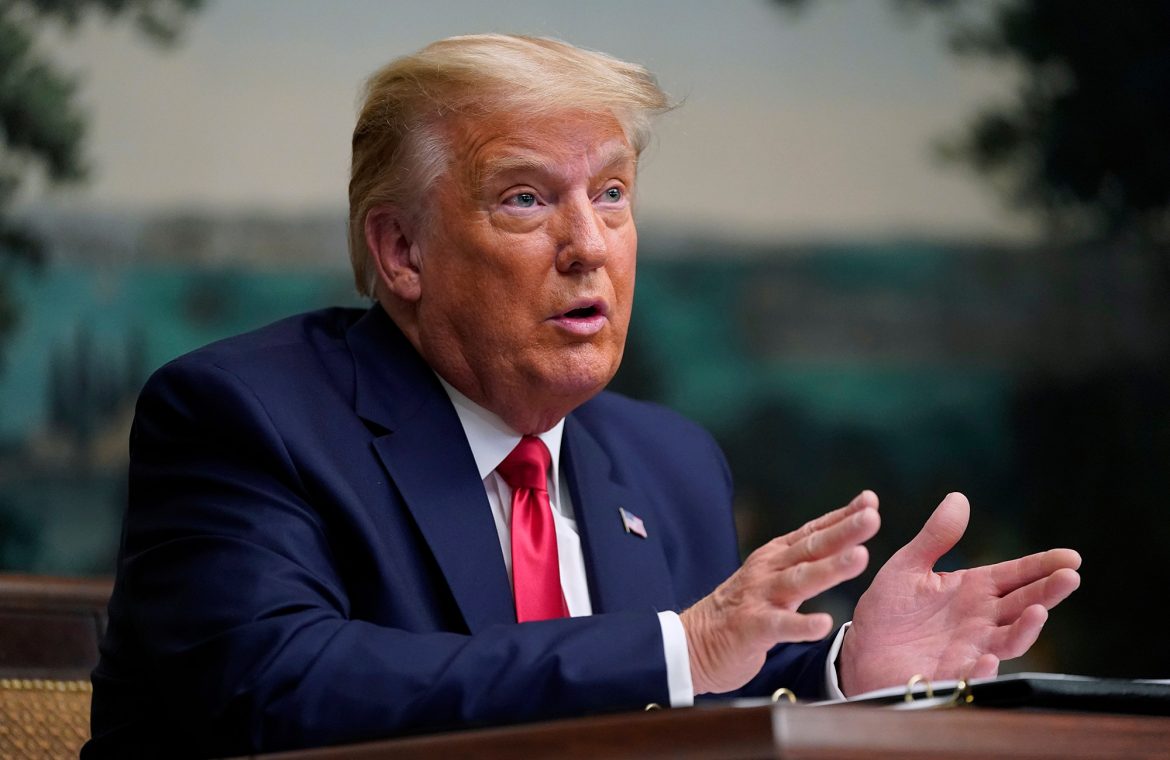
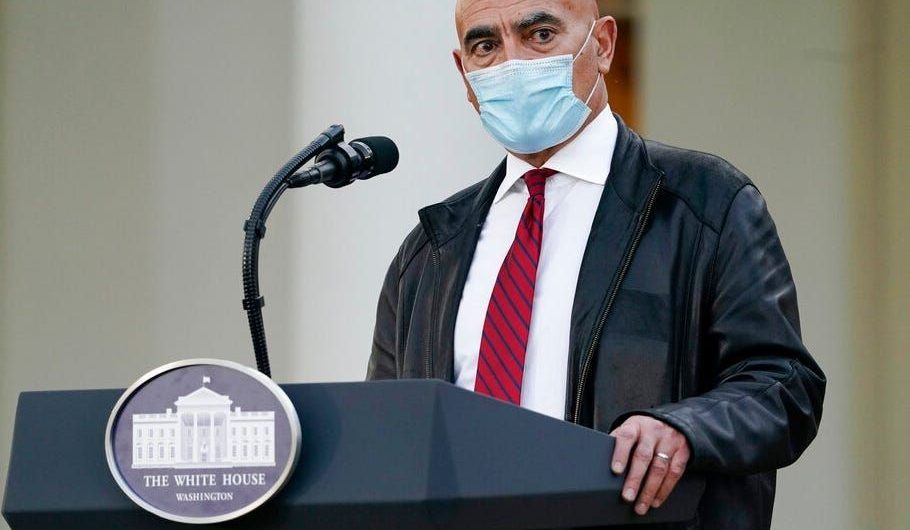
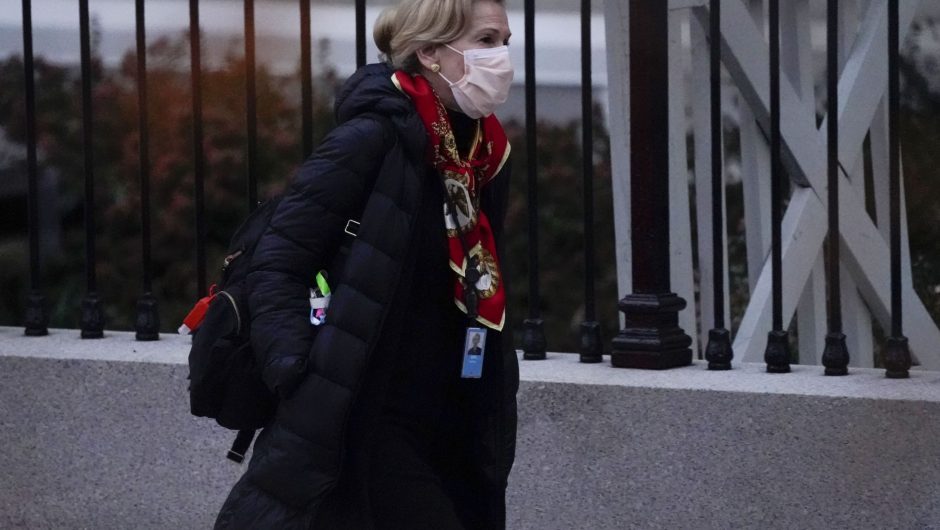
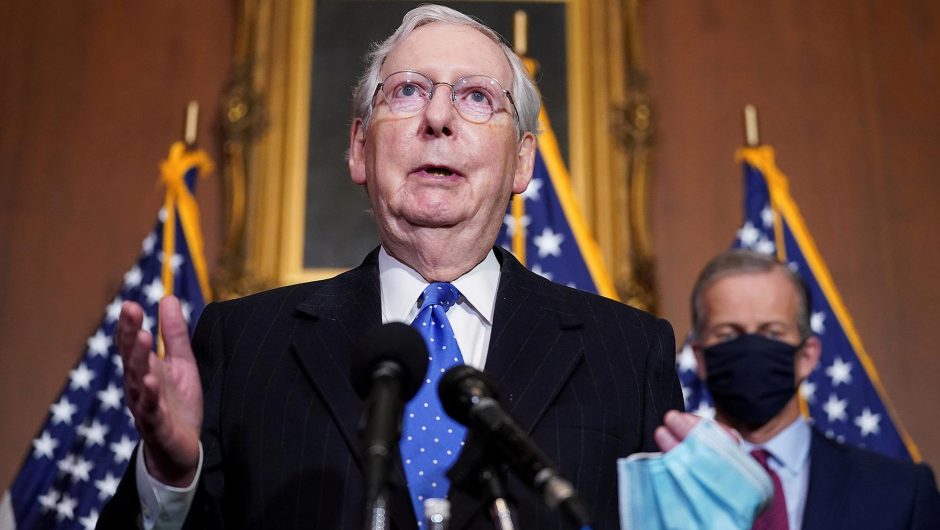
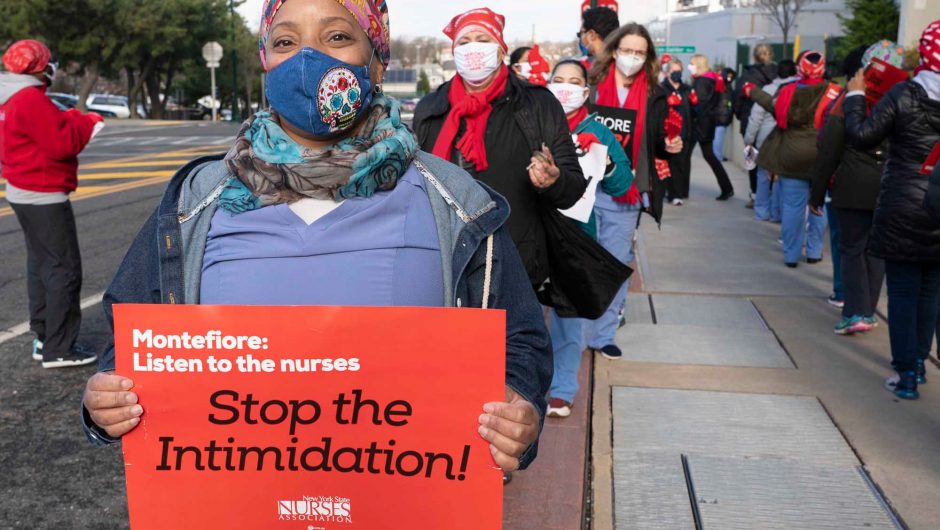


Your comment is awaiting moderation.
Несмотря на то, что букмекерская контора 1xbet содержит реальную лицензию и оформлена на Кюрасао, Нидерландских Антильских островах, в РФ ее портал регулярно подвергается блокированию. Однако пользователей фирмы это не должно волновать, поскольку руководство компании предприняло надлежащие шаги в правильном направлении, гарантировав всем своим посетителям реальность входа на интернет-сайт в любое время, даже при условии блокировки официального ресурса 1xbet. Основания блокировки вебсайта В Российской федерации утвержден закон, ограничивающий или запрещающий активность букмекерских компаний, которые не выполняют последующие требования: Официальная процедура регистрации на территории РФ, получение разрешения и оплата налогообложения в госбюджет. Вход в состав СРО. Потому как букмекерская контора уже имеет в распоряжении транснациональную лицензию, ее представители посчитали притязания государства завышенными, за это подвергалась блокированию. За последние 3 года работы 1xbet на территории России по заключению суда было заблокировано больше 500 доменных имен. Но все это не мешает фирме возобновлять работать, а ее клиентам использовать все разделы ресурса, ставить и выигрывать деньги. Каким способом войти на заблокированный интернет-сайт Чтобы обойти блокировку, работники фирмы предоставляют своим пользователям доступ к зеркалам 1xbet. Войти на действующую сборку сайта возможно посредством ссылки 1хбет рабочее зеркало на сегодня. Это комфортный и несложный метод пользования БК. Во время применения зеркала сохраняются абсолютно все индивидуальные данные, включая счета и аккаунт, вдобавок зеркало в точности повторяет главный портал. Он в такой же мере качественно предохранен и целиком безопасен для проведения игровых ставок, внесения и получения средств. Зеркало заблокированного основного проекта – один из наиболее удобных вариантов дальнейшего продолжения организации ставок без малейшего риска и затруднений.